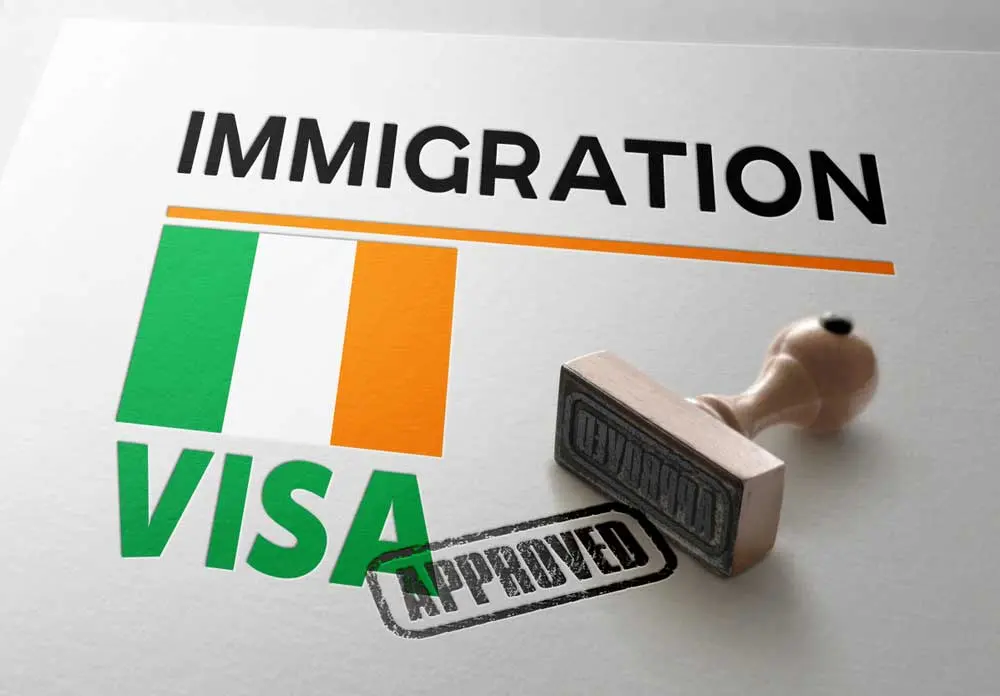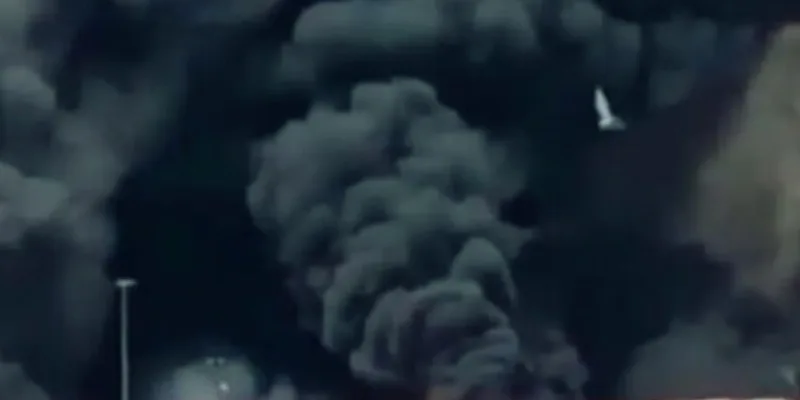
The Irish Immigration Service has introduced significant changes to the documentation required for long-term Study Visa (Type D) applications. These updates apply to all non-EU students planning to study in Ireland for more than 90 days, including those pursuing English language courses, foundation programs, or full-time degrees at the undergraduate or postgraduate level.
The new requirements are centered around nine key documentation areas. Accuracy and completeness are now more important than ever, as even minor mistakes could lead to delays or visa refusals.
The first step is completing the AVATS online visa application. Applicants must print, sign, and date the form and include proof of visa fee payment. A completed application checklist must now be submitted with the documents.
For identity verification, two passport-sized photos meeting exact specifications are required. A passport valid for at least 12 months from the date of arrival in Ireland must be submitted, along with copies of previous passport visa and biographic pages.
To clarify the purpose of travel, applicants must now provide a detailed personal statement. This should outline academic goals, study plans, and include any ties to Ireland or the UK. This letter carries considerable weight in the decision-making process.
A letter of acceptance from an institution listed on the Interim List of Eligible Programmes (ILEP) is mandatory. It must include details of the course (which must provide at least 15 hours of tuition per week), confirmation of fee payment, and private medical insurance arrangements, if covered by the institution.
Proof of tuition payment is critical. If the total fee is under €6,000, the full amount must be paid before applying. If the cost is higher, at least €6,000 must be paid in advance. Only verifiable payment methods such as EFT receipts or official platforms like PaytoStudy will be accepted.
Academic documents including all transcripts and certificates must be included. Proof of English language proficiency is required unless the applicant’s previous education was delivered entirely in English.
Financial requirements have also been strengthened. Applicants must submit recent personal bank statements to show sufficient funds. If supported by a sponsor, a formal sponsorship letter and related bank documents are required. Non-traditional sources such as gold loans, cryptocurrency accounts, or chit funds are not accepted. A new Financial Summary Form is now part of the application process to help clarify financial responsibilities and minimum funding thresholds.
Applicants must also submit proof of private health insurance that meets Irish standards and provide Police Clearance Certificates for all countries lived in during the past five years, except Ireland or the UK if biometric data is being submitted.
If the applicant has previously been refused a visa for any country, all refusal letters must be submitted. Failing to disclose past refusals can result in future bans.
At the visa submission center (VFS), applicants must now sign a final checklist confirming they understand that visa decisions are based solely on submitted documentation. This checklist must also be signed by a visa officer.
These changes affect students applying for full-time undergraduate, postgraduate, PhD, long-term English language, and foundation or professional training programs in Ireland. As the September 2025 intake approaches, timely and accurate preparation is essential. A missed document or incomplete form can now halt the visa process entirely.


















